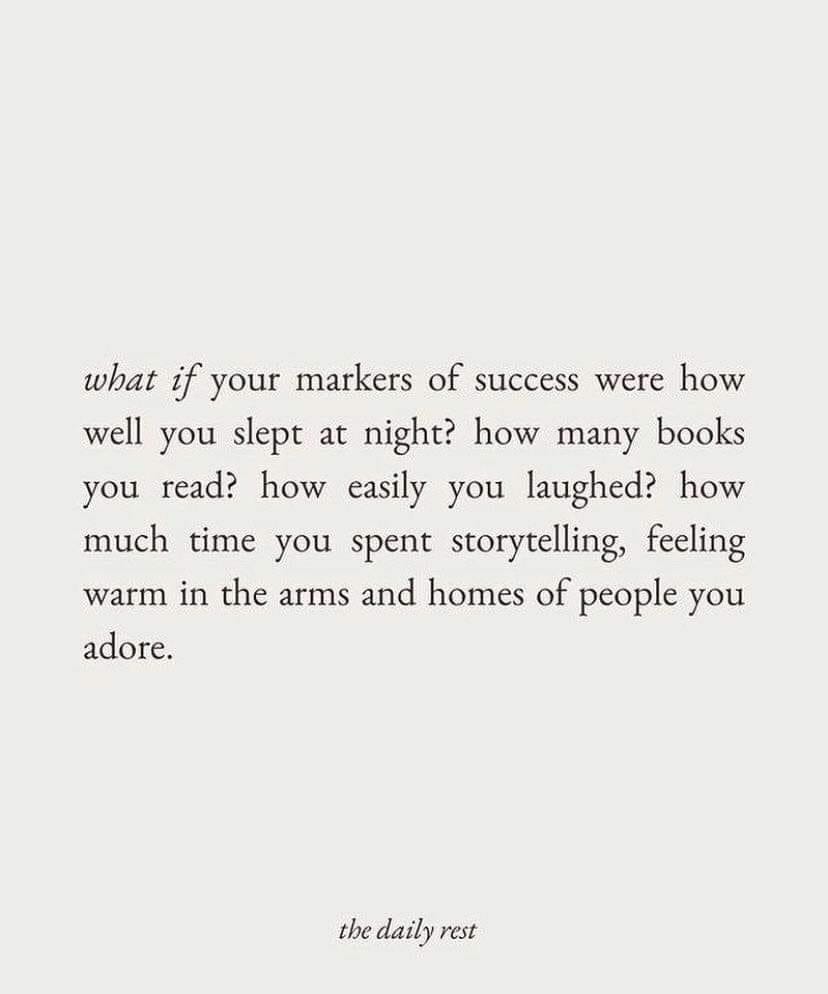It’s easy to jump to dystopia when imagining a future in the age of A.I. In fact, many of today’s current experts in the field do so openly and make major waves when they do.
The long-timeline worry is that some sort of A.I. will become smart enough and capable enough to act — without humans — to do wrong. The short-timeline worry is that humans will use A.I. to do wrong. (Next year’s elections are a big one.)
But there are also extremes on the other side, and it’s our responsibility to consider those, too. One example: what if no one had to work again, but everyone was comfortable monetarily?
Changes to the working world are such a significant aspect of today’s A.I. conversation that it’s hard to think too far down the road.
Am I allowed to use A.I. now?
Am I supposed to use A.I. now?
Are parts of my job going away?
Is my entire job going away?
Are all jobs going away?
The truth is the working world has been changing for centuries, including a significant decrease in the number of hours worked. Check out this chart from ourworldindata.org.
Huge changes over time, with some dips and lags in between. Are we in for another huge dip? Maybe. Will we get to no work at all? Probably not.
But for now, let’s imagine a world with a noticeable, significant decrease in work hours. What would that look like for you?
I wrote the bulk of this this post yesterday and was surprised to see that today Harvard Business School instructor Christina Wallace appears on Microsoft’s WorkLab podcast to discuss the idea on an individual and organization-wide basis.
But more importantly to this page, what would that look like for your kids? We know this change isn’t going to happen overnight. So, we’re really considering what our children will do as adults.
Will we be more concerned with making art and telling stories?
Will we have the bandwidth to solve global issues like homelessness and war and hunger if the thinking class is no longer working, and the working class has access to a bigger voice?
Will sports become even more elevated? No one’s signing up to watch a computer play football.
Maybe we’ll have more fun.
Will everyone live healthier lives? Outside and active and away from the busy computers who work for them?
Will we grow our own food again? Travel more? Breathe?
Maybe our work-focused world was just a blip on the screen. Is this all a return to something we had before? Will we sit in our living rooms and talk about love like a Jane Austen novel? Will we embark on a new era of philosphy like the ancient greeks? COVID brought us back to sourdough and board games. So, maybe that was just the beginning of an era of harkening back.
Maybe we’re going back to humans doing human things, focused on love and loss.
What do we do right now?
How would we prepare the next generation for a world with less work? What do we want to teach our own children, in our own homes, about life outside of work? What values do we want them to hold?
When they leave, what if they’re not going to work? What will they do when they walk out our front door?
Maybe it’s not even teaching that needs to happen because we don’t know the answers.
Maybe it’s imagining.
Maybe it’s watching.
Maybe it’s listening.
Maybe they’re the ones who need to teach us.






Love this way of looking at it!